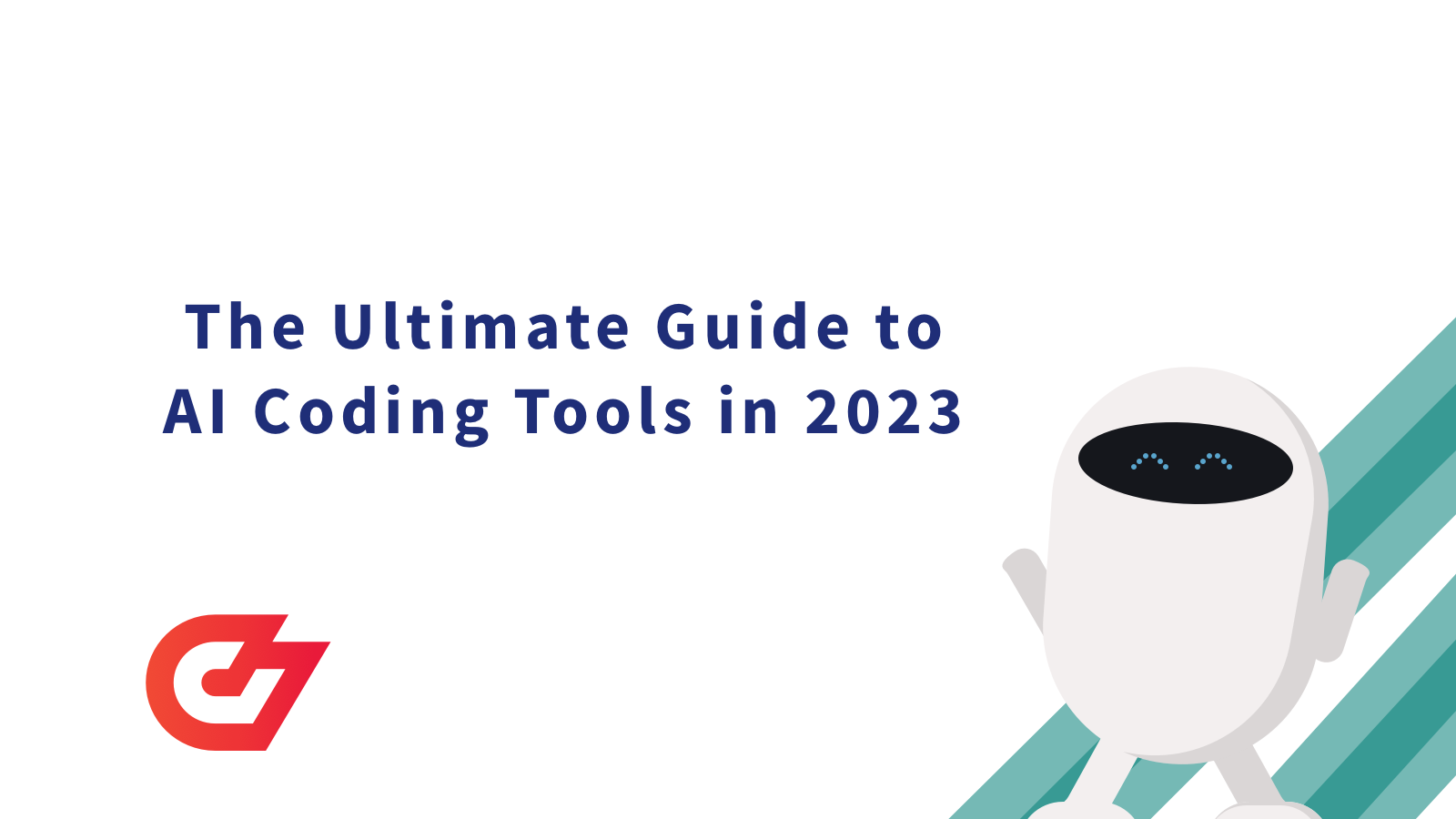Artificial Intelligence (AI) has revolutionized numerous industries, and one of its well known applications is inside code generation. AI-powered code generators are usually transforming software growth by automating recurring tasks, accelerating the particular development process, plus improving code quality. In this post, we explore several real-world examples in which AI code generation devices are already successfully utilized across different fields.
1. TabNine by simply Gesetz
TabNine is usually an AI-powered code completion tool developed by Codex (formerly known as GitHub Copilot). It utilizes a deep studying model trained on the subject of a vast ensemble of code through GitHub to supply intelligent code recommendations and completions. Developers can write code more efficiently by leverage TabNine’s ability to understand context plus generate accurate program code snippets in current.
Real-World Impact: A lot of developers have described significant productivity benefits with TabNine, lessening the time used on writing boilerplate codes and debugging typical errors. It provides been particularly beneficial in speeding up the development of complex codes and integrating fresh features into existing codebases seamlessly.
two. DeepCode
DeepCode is usually an AI-powered computer code review platform in order to developers identify bugs, security vulnerabilities, and performance issues in their own code. It makes use of machine learning types trained on large numbers of open-source repositories to provide useful insights and ideas for improving signal quality.
Real-World Influence: Companies using DeepCode have seen a decrease in the number regarding bugs shipped to production and improved overall software trustworthiness. By integrating AI-driven static code research into their workflow, developers can proactively address potential issues before they elevate, thereby saving as well as resources in typically the long run.
3 or more. Codota
Codota is an AI-powered code completion tool designed specifically for Java and Kotlin developers. It assesses millions of openly available Java repositories to provide intelligent computer code suggestions, improve coding efficiency, and assist developers learn ideal practices.

Real-World Impact: Developers using Codota have reported faster coding workflows, increased code readability, in addition to reduced cognitive weight. By suggesting relevant code snippets plus APIs based on the subject of the current framework, Codota enables builders to write code more confidently and efficiently, thereby increasing product development cycles.
5. Kite
Kite is definitely an AI-powered code assistant that has a build-in with popular computer code editors like VERSUS Code and Atom. It provides context-aware code completions, records, and examples directly within the publisher, making it simpler for builders to write high-quality code quickly.
Real-World Effect: By leveraging Kite’s AI capabilities, programmers can explore new libraries, APIs, plus coding patterns with out leaving their development environment. you can try this out fosters a more seamless coding encounter and empowers developers to focus read more about solving problems and less on mundane coding tasks.
5. Hugging Face’s Transformers
Hugging Face’s Transformers catalogue is a cutting edge natural language handling (NLP) library that includes pre-trained choices for various NLP tasks, including computer code generation. Using models like GPT (Generative Pre-trained Transformer), developers can fine-tune AI models to create signal snippets depending on natural language prompts.
Actual Impact: Developers plus researchers have used Transformers to automate responsibilities such as simply spoken code, generating computer code from comments or documentation, and sometimes creating entire capabilities or scripts. This approach not merely increases development and also opens up new opportunities for AI-driven computer software engineering.
Conclusion
AJAI code generators usually are transforming the landscape of software advancement by automating recurring tasks, improving signal quality, and quickly moving innovation. Real-world cases such as TabNine, DeepCode, Codota, Kite, in addition to Transformers demonstrate typically the diverse applications involving AI in signal generation across distinct programming languages in addition to domains. As AI continues to improve, its role inside software development will probably expand, further boosting developer productivity in addition to pushing the boundaries of what’s achievable in coding
